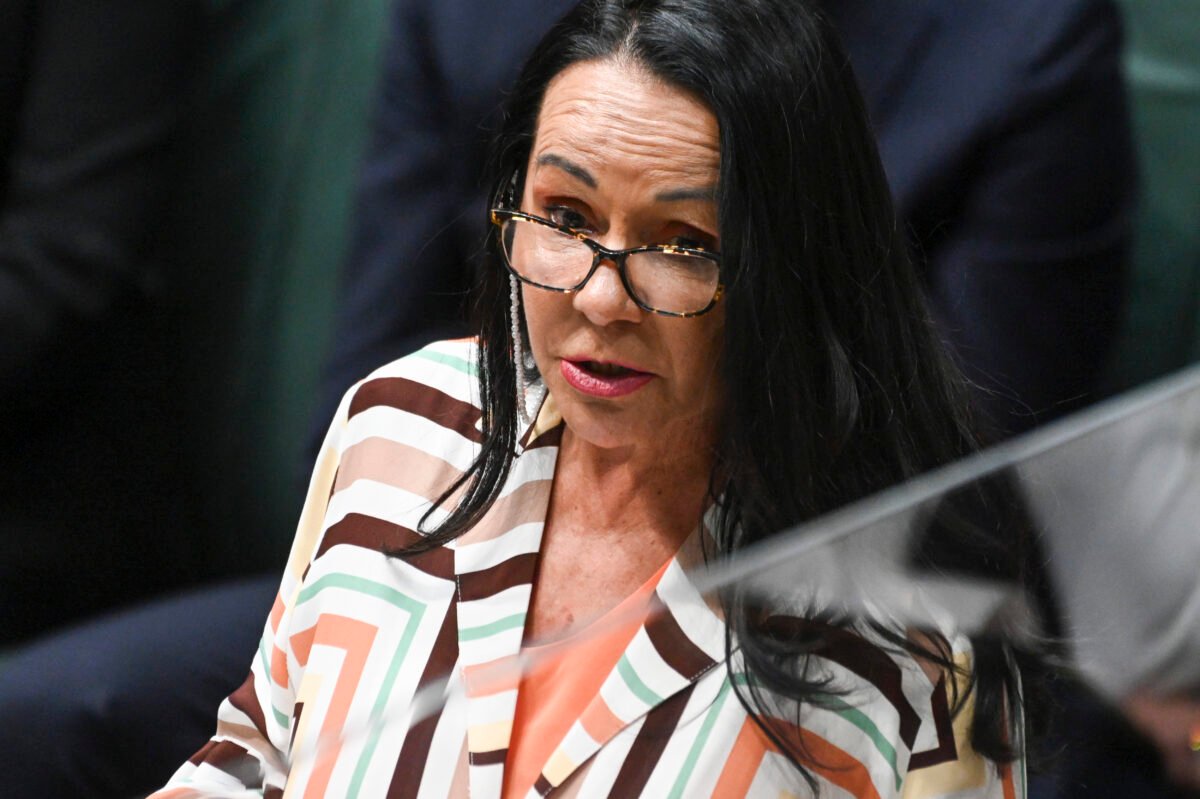New Zealand Government to Introduce Mandatory 1 Hour of Math, Reading, and Writing for Primary School Students
The newly elected New Zealand government will make it compulsory for every school to dedicate one hour every day to maths, reading, and writing for students in primary school as part of its first 100-day plan.
Education Minister Erica Stanford said that pupils not only need sufficient class time to master the basics, but they also need an environment with fewer distractions to make the most of their precious class time.
She argued that the declining student outcomes in the core subjects of maths, reading, and writing show that “too many students are leaving school without the knowledge and skills that everyone needs to succeed.”
“While we know a number of schools already do this, we want to make sure every New Zealand child has the opportunity to grasp the basics,” she said in a media release on Dec. 1.
On the same day, the education minister and Prime Minister Christopher Luxon visited Manurewa Intermediate School and spoke to reporters about their plans for schooling.
Ms. Stanford noted that only about half of students around 15 years old could meet the new standards for literacy and numeracy.
“Our government is aiming high for all children, and we refuse to leave essential learning to chance,” she said.
She called for a return to a knowledge-based curriculum with “structured literacy, structured mathematics,” arguing that the current pedagogy “perhaps isn’t based in evidence” while the current approach to assessment wasn’t consistent.
“It’s not a line in the sand ‘do you meet this standard’ but are you making the progress to get you where you need to be,” Ms. Stanford said.
“It is a very ambitious goal but we are a very ambitious government because I tell you what, you saw those young people in there, we cannot leave their lives to chance.”
Pros And Cons Of Integrated Curriculum
Cameron-Dunn, principal of Bohally Intermediate School, said some students were found to have lacked essential skills as a result of an integrated curriculum.
“So we have gone back to a more structured approach to the day,” she told NZ Herald.
“Our teachers currently differentiate the programme to meet the needs of individuals. Not everyone reads the same texts, for example, or does the same maths.”
The new mandate, however, has met with resistance by some educators.
Riverlands School principal Bradley Roberts described the new mandate as an “old school” approach.
“That’s not how people learn, that’s not how the curriculum works,” he told NZ Herald.
Meanwhile, the New Zealand government will also ban all cell phone use at schools.
“Schools here and overseas have seen lifts in achievement and improvements in wellbeing from banning cellphone use at school,” Ms. Stanford said.
Mr. Luxon said the country’s good schools had already taken the initiative to ban the use of cell phones in class.
“We want our kids to learn and we want our teachers to teach,” he said.






